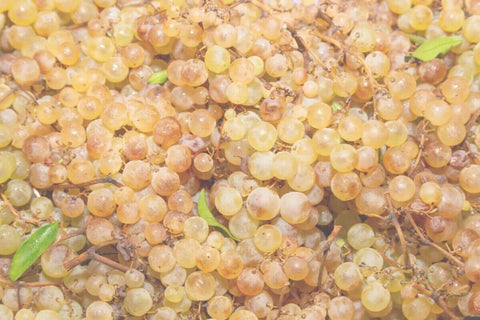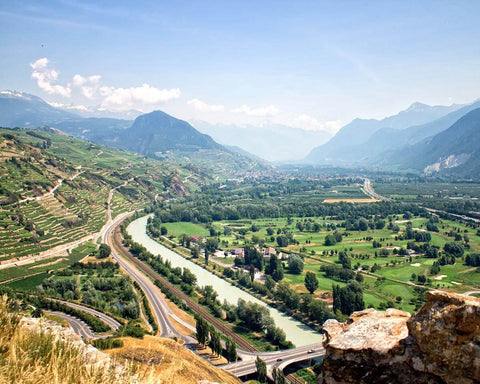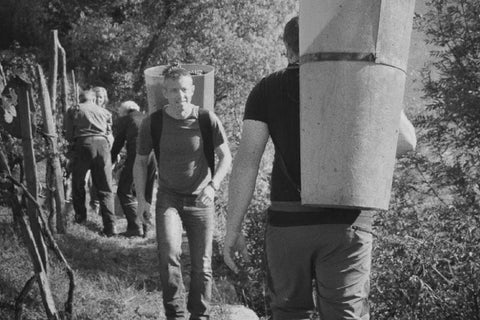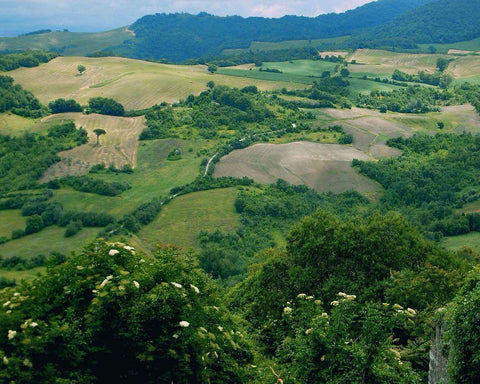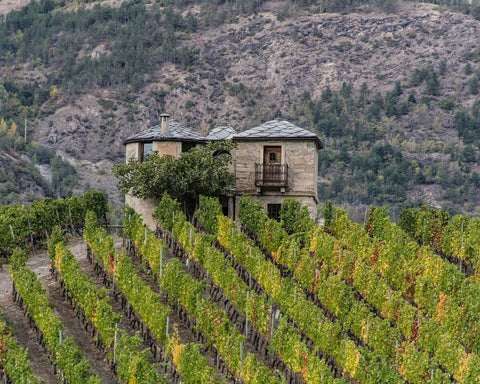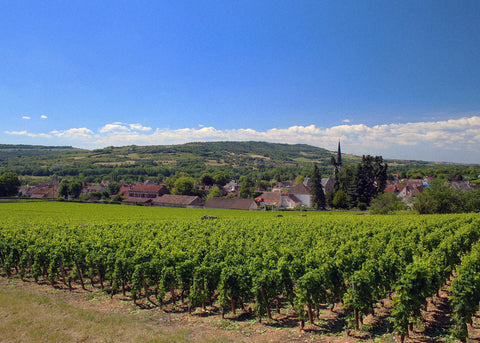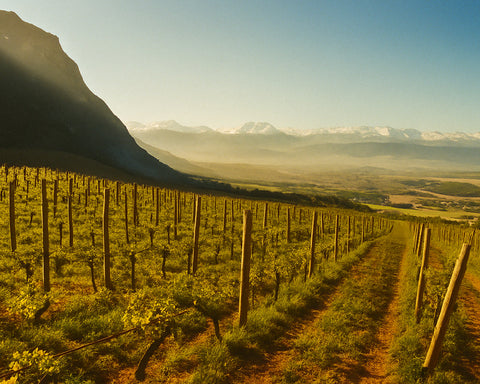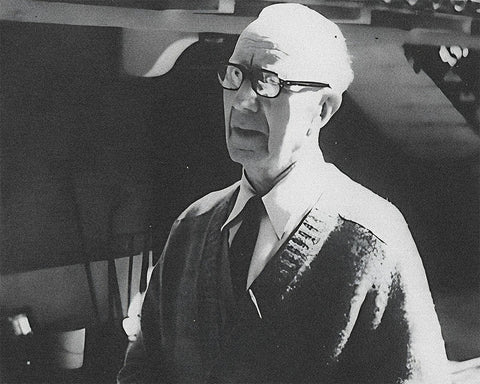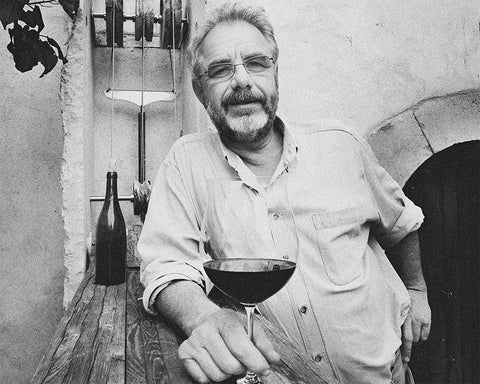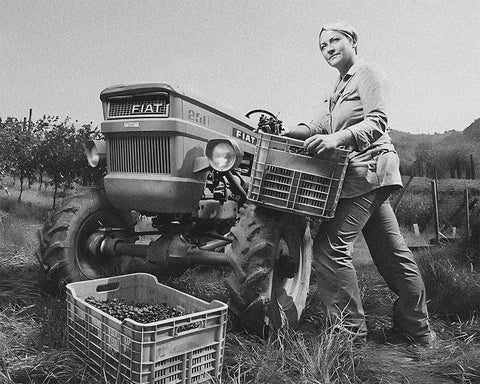Alcoholic fermentation accompanied the evolution of humankind. The first evidence of such practice dates back to 7,000 BCE, but scientists have reasons to believe that it was actually known long before.
Humans evolved fermenting stuff. As I was doing some research for these slides, I was struck by the fact that there is virtually no culture in the world where some kind of fermentation doesn't play a central role in a given community. And by central, I mean absolutely vital to the survival of the community and its members.
Fermentation transforms, enhances, and preserves foods. Alcoholic drinks have been used for shamanic, religious, and ritualistic purposes, for millennia. Some of the first ‘medicinals’ were fermented drinks. Fermented products are so embedded into our lives that it’s virtually impossible to conceive of humanity without them.
Fermentation throughout history
• Alcoholic fermentation has been used by humans since 7,000 BCE (earliest known evidence, China)
• Fermenting honey (mead), grains (beer, spirits), or fruit/cacti (wine) is embedded in most cultures
• Luis Pasteur studied and officially “discovered” the process (1850s)
How does fermentation work?
1) Yeast breaks down sugar. This process is also known as glycolisis
2) Molecules of glucose are transformed in pyruvic acid
3) Pyruvic acid (now pyruvate) in absence of oxigen is transformed into acetaldehyde, then ethanol
4) CO2 and glycerol are released

What is the role of yeast?
• Yeast: it is what triggers alcoholic fermenation
• Yeast grows by metabolizing sugar, “eats” the sugar in grape juice
• Alcohol, a by-product, will eventually “kill” the yeast
• Yeast dies and becomes (fine) lees when alcohol is 13-15%
Alcoholic fermentation in wine
• AC starts at a temp range 15-32 °C; optimal temp range varies
• White wine: 18-20 °C; red wine: 25-28°C; lasts on average 7-10 days; it stops when all the sugar is consumed by yeast
• If AC happens too quickly, the wine may have problems
Sources
https://www.nature.com/scitable/topicpage/yeast-fermentation-and-the-making-of-beer-14372813/
https://www.sciencedirect.com/topics/agricultural-and-biological-sciences/alcoholic-fermentation
https://www.penn.museum/research/project.php?pid=12
